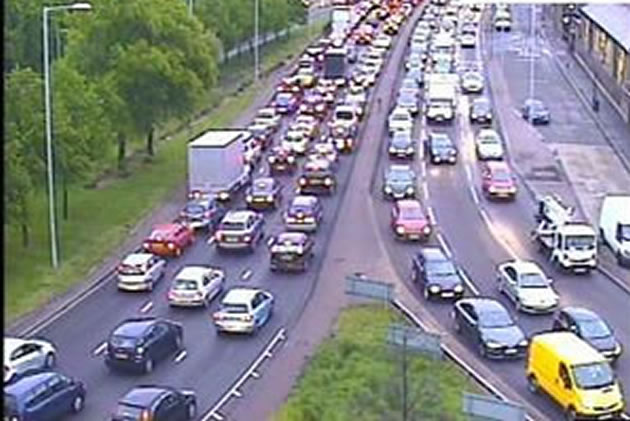Diesel Cars to Be Charged More for Parking Permits
Hounslow Council will impose a £50 levy on top of standard rate

Hounslow Council has decided to impose an additional £50 levy on most diesel cars in the borough as part of its parking permit charge increases.
A consultation was carried out on the issue which ended in July 2017. A decision was made to go ahead with the charges last week.
The Council say this will help manage demand for parking within CPZs by discouraging multiple car ownership. It would lead to a projected increase in revenues from parking permits of approximately £150,000 – £220,000/a year initially.
Currently residents’ permits cost £80 for
the first vehicle, £133 for the second and £220 for any subsequent
vehicles. There is a 50% discount for vehicles
which emit low levels of Carbon Dioxide (CO2)
The new charges will apply to all controlled parking zones in the London Borough of Hounslow with the exception of the Twickenham Event Day zone.
The Council are also increasing charges for second, third and subsequent resident parking permits although generally charges for the first permit will remain the same.
The move follows the lead of Westminster Council who have already implemented an increased charge for diesel cars. It will represent a double blow for diesel car owners in the Chiswick area as they will become subject to a charge when the Mayor’s Ultra Low Emission Zone is implement possibly in 2021.
| Hounslow Council Proposed Parking Permit Charges | |||||
|---|---|---|---|---|---|
| Permit Type | 1st vehicle | 2nd vehicle | 3rd vehicle | 4th vehicle | 5th and subsequent vehicles |
| 12 month permit for a low-emission vehicle* | 0 |
0 |
0 |
0 |
0 |
| 12 month permit for a low-emission vehicle* which is also a diesel | £50 |
£50 |
£50 |
£50 |
£50 |
| 12 month permit for all other diesel vehicles | £130 |
£210 |
£290 |
£370 |
£450 |
| 12 month permit for all other vehicles | £80 |
£160 |
£240 |
£320 |
£400 |
*“low-emission vehicle” means a band A or B vehicle registered between 1 March 2001 and 31 March 2017, or a vehicle registered on or after 1 April 2017 whose CO2 emissions figure does not exceed 50g/km
The Council’s traffic order justifies the move by saying, “Although diesel cars produce low carbon dioxide emissions, they also produce disproportionately high emissions of local air quality pollutants such as nitrogen dioxides andparticulates. The proposals will encourage and incentivise diesel vehicle owners (and higher emission petrol engine vehicles as well) to consider adopting lower or zero emission technologies. This will lead to reduced harmful emissions, particularly nitrogen dioxide and particulate matter within the borough and thereby mitigate their adverse impact on the health of residents.”
Elevated nitrogen dioxide rates have exceeded EU limits across the capital and some scientists believe that they are partly responsible for thousands of premature deaths each year in London.
Opponents of higher levies on diesels say that they have environmental benefits over petrol cars including lower carbon dioxide and carbon monoxide emissions. It is also disputed that the level of nitrogen dioxide (NO2) emissions from diesel cars makes a significant contribution to the negative health impact of poor quality air. It is claimed that high NO2 levels almost always coincide with high particulate levels which are more effectively filtered out in diesel cars and therefore a much higher proportion of particulates come from larger vehicles like buses and goods vehicles.
The resident parking permit fee for the lowest emission cars will be set to zero. Low emission diesel cars will still have to pay the £50 levy. The permit fee for car club operators is being reduced to £100.
October 9, 2017
Related links
|